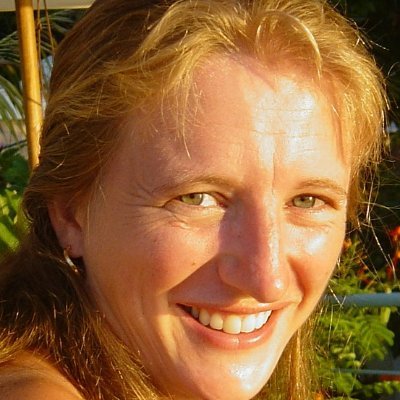The relationship of mathematics to science subjects continues to evolve; from the 2010
SCORE report, the ASE’s
Language of Mathematics in Science, through advanced qualification reforms, and
General Mathematical Competences in the T-levels.
The Royal Society’s
Mathematical Futures Programme proposed a greater focus on
Domain Specific Competences, imagining that with a more mathematically literate workforce, all teachers will become teachers of Mathematical and Data Education. This session will trace these developments and consider what they mean for science education in the future.


